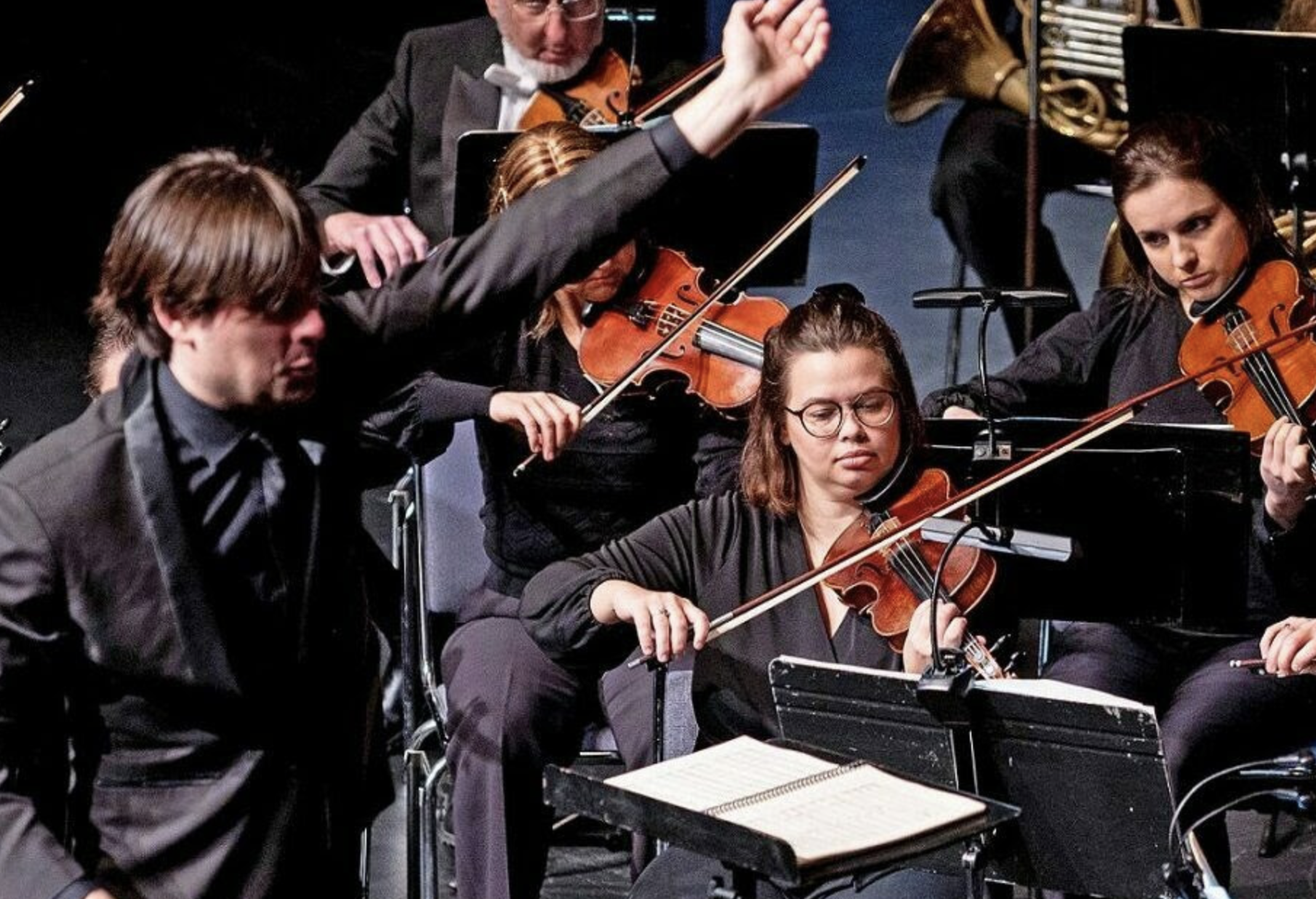
Michael Repper conducting the MSO.
If there are any four notes in all the classical music canon that almost everyone recognizes – even those who wouldn’t know Mozart from Muddy Waters – it would be the bah-bah-bah-BOHM of Beethoven’s Fifth. But how many aficionados would recognize the first few bars of his “rookie” symphony No. 1 as Beethoven’s?
Premiering Nov. 8 in Rehoboth Beach with Michael Repper conducting, followed by a 3 p.m. performance on Saturday, Nov. 9 at the Ocean City Performing Arts Center. The finale is at 3 on Sunday, Nov. 10 at the Todd Performing Arts Center, Chesapeake College in Wye Mills. midatlanticsymphony.org



Write a Letter to the Editor on this Article
We encourage readers to offer their point of view on this article by submitting the following form. Editing is sometimes necessary and is done at the discretion of the editorial staff.